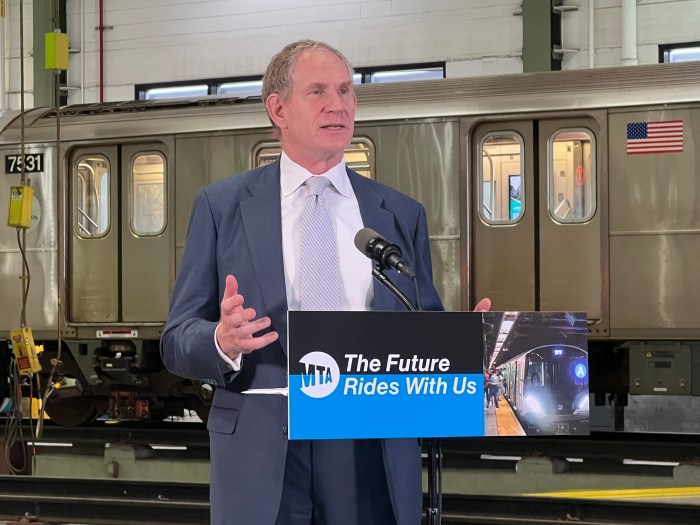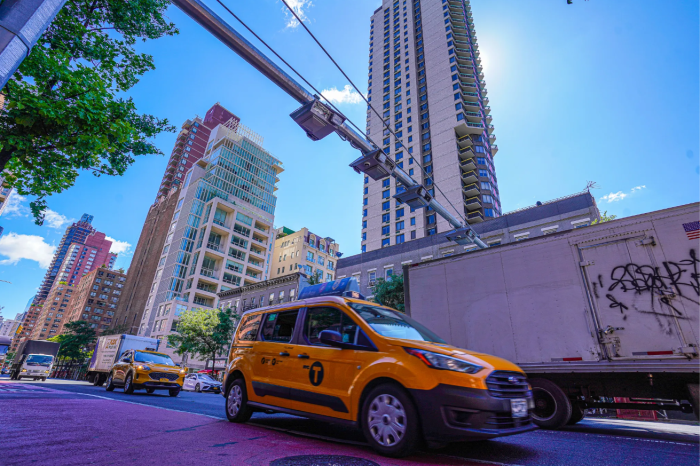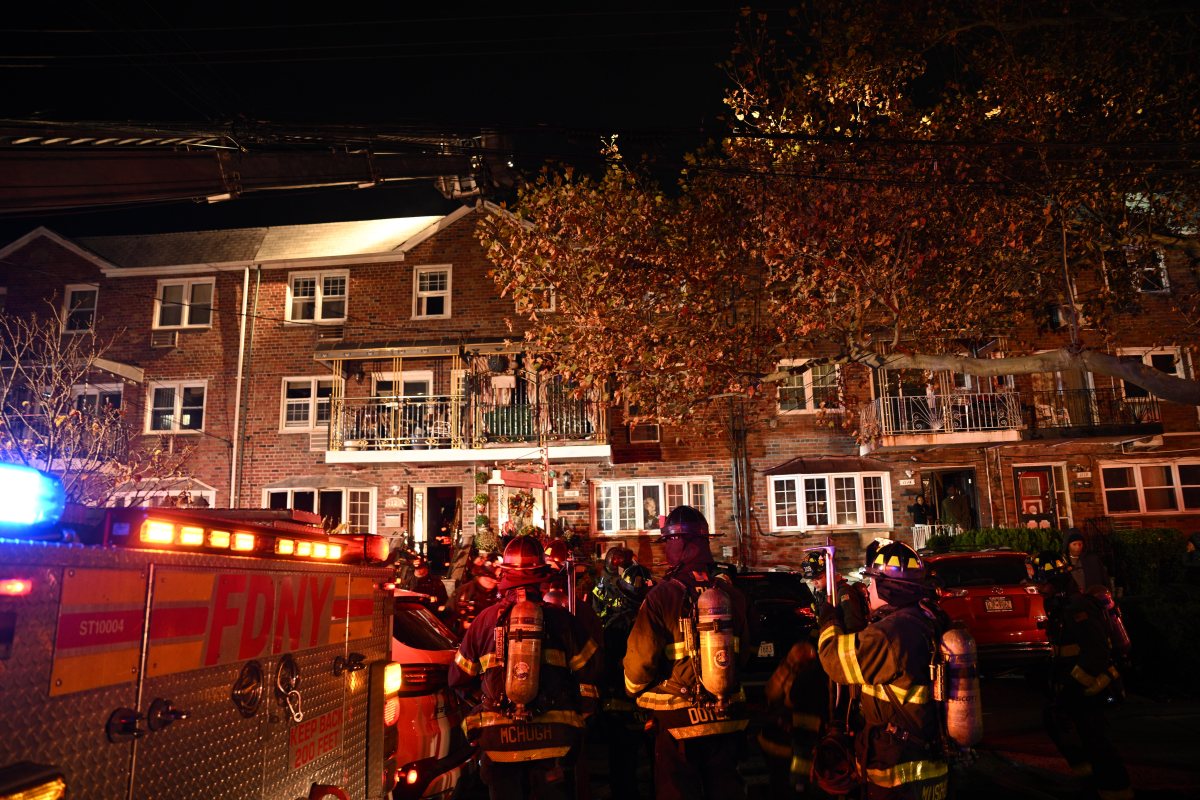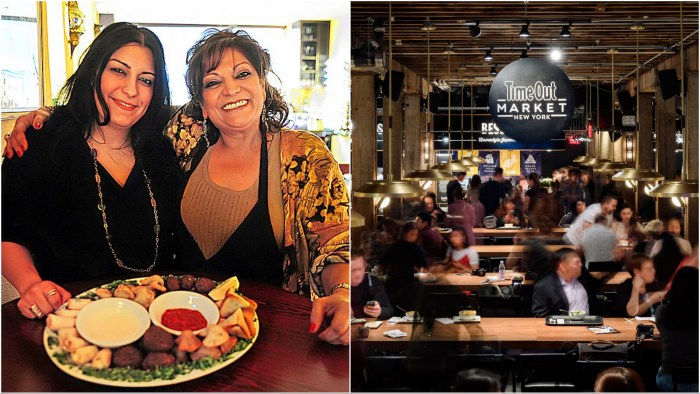Time is money.
Declining subway service is costing New York City workers about $1.2 million in lost wages each workday, according to a new report from the city’s Independent Budget Office. That comes out to about $307 million in income lost to transit woes each year.
“That the magnitude of subway delays getting worse is not just a matter of perception,” the agency said in a fiscal brief published Thursday. “IBO’s review of subway performance data — by line and systemwide — over a period of more than five years shows that service disruptions are taking an increasing toll.”
Subway delays have soared by roughly 200 percent over the past five years as the agency has struggled to upgrade its outdated infrastructure, the aging equipment buckling under an increase in ridership. The hours that riders have lost during a typical morning rush hour have increased on every line by at least 24 percent from 2012 to 2017, according to the report.
“When subway commuters are delayed they cannot start their work day at the scheduled time, costing the economy the value of at least some of that work time,” the report continued.
Calculating the cost of delays is challenging. The IBO paired MTA subway performance statistics with census data on wages and commuting patterns. And while $307 million might seem like a large number, the IBO points out that it’s dwarfed by the total personal income for city residents, $540 billion.
Still, borough President Eric Adams, who requested the agency conduct such an analysis this spring, said the money lost was “critical” for hardworking New Yorkers. He called for the MTA, a state authority, to begin “reprioritizing the modernization of [its] antiquated subway signal system.” The signal system acts as the traffic lights of the subway and is a common cause of delays.
“This independent, non-partisan analysis has to be interpreted through the scope of families and small businesses living paycheck to paycheck, as well as the long-term viability of the leisure and tourism industries that fuel much of our economic activity,” Adams said in a statement.
MTA chairman Joseph Lhota in July introduced an $836 million Subway Action Plan to stabilize service. Lhota, however, has threatened to cut portions of the plan if Mayor de Blasio doesn’t agree to fund half of it. The mayor has steadfastly refused, citing the agency’s fiscal irresponsibility. (He, in turn, has proposed a millionare’s tax to create a new long-term revenue stream for the agency.)
“The subway and our unparalleled 24-hour-a-day mass transit network are the engines that power a city economy that continues to grow and outpace the nation,” said MTA spokesman John J. McCarthy in a statement. “Chairman Lhota’s Subway Action Plan is stabilizing the subway by targeting the biggest drivers of delays across the system — and that is exactly why we need City Hall and Mayor de Blasio to commit to paying its 50 percent share to fully implement the Plan.”

































